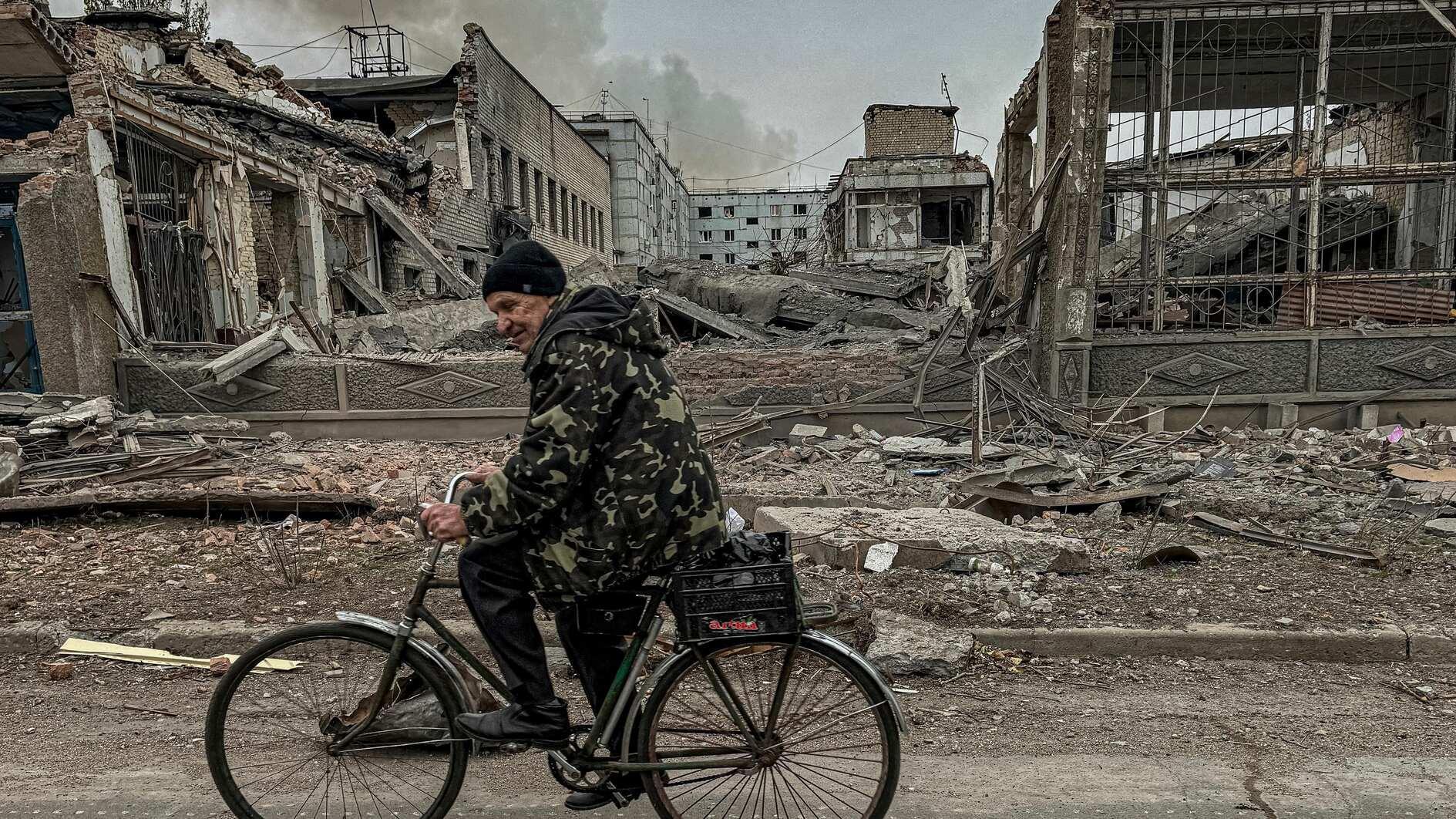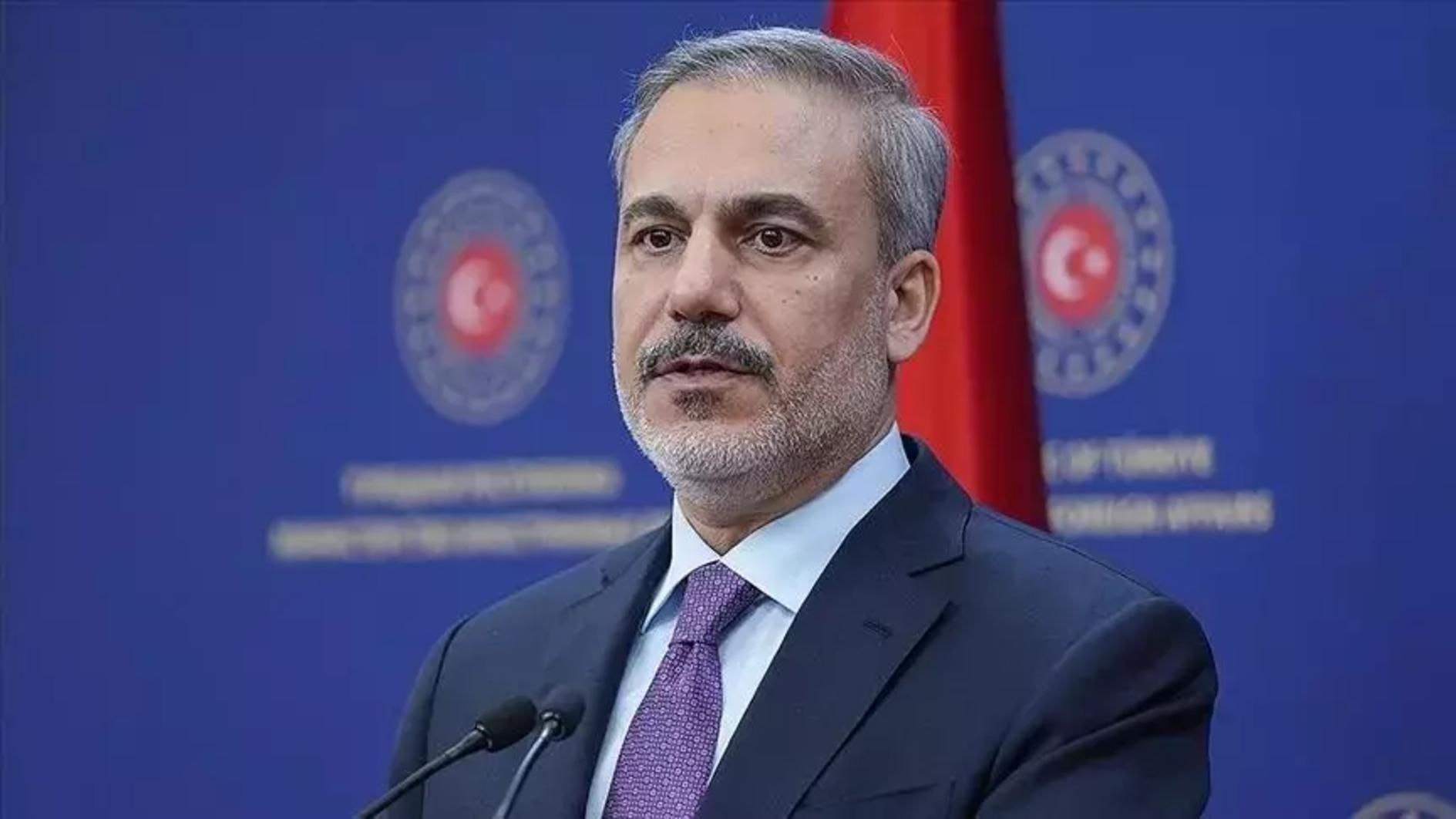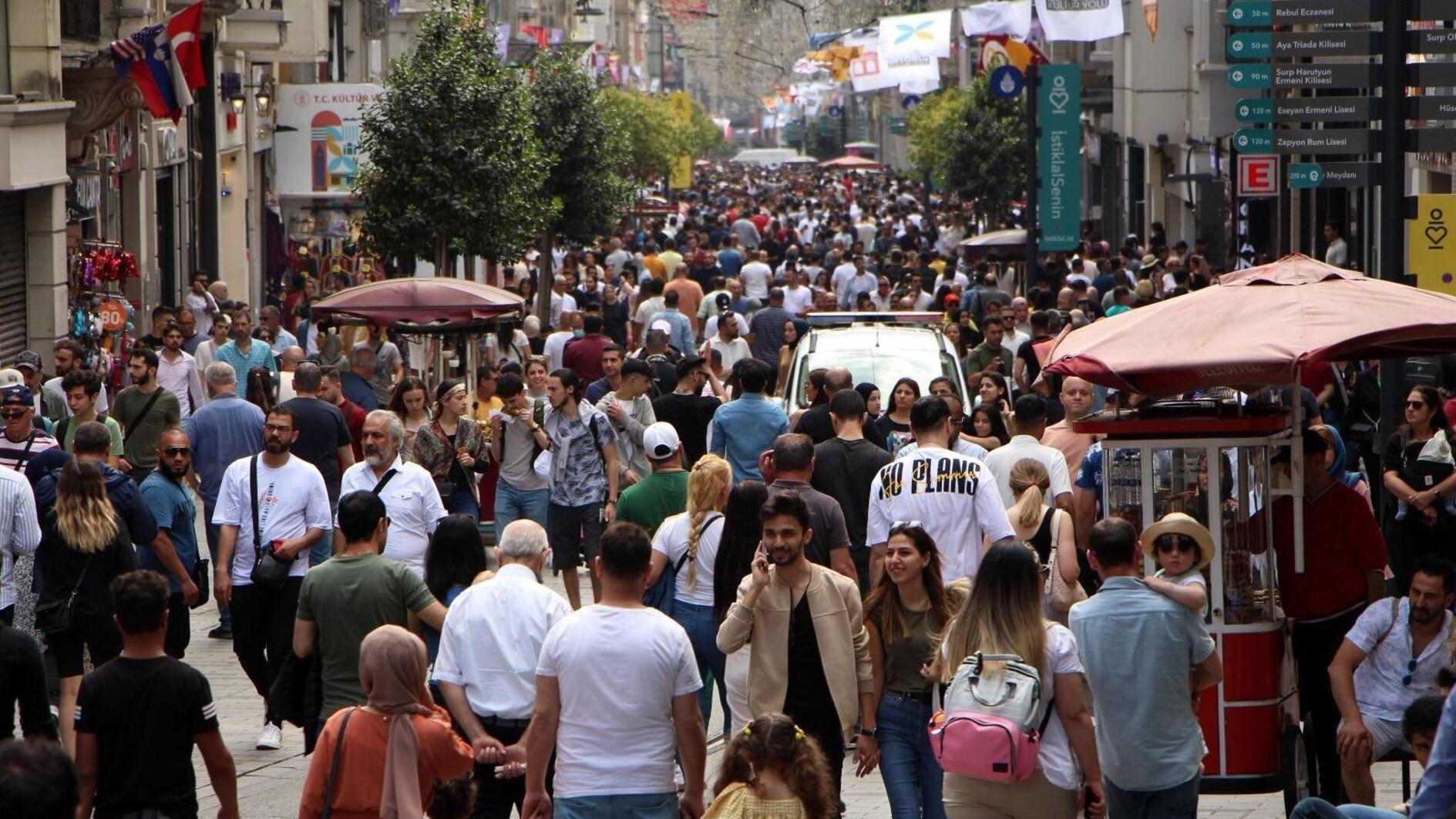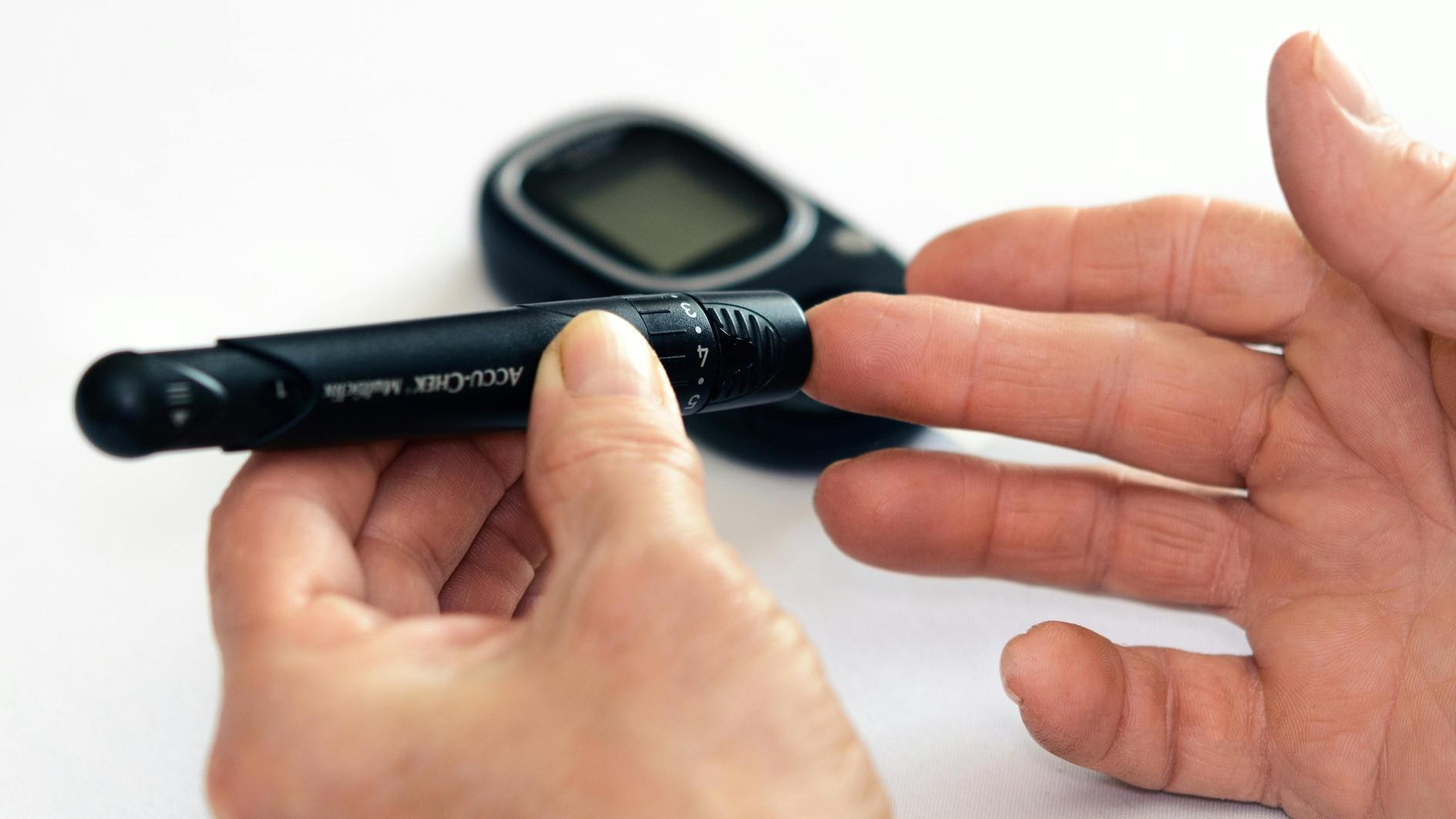No more ‘smoking like a Turk’ with decline in Turkey’s tobacco use
ISTANBUL - Hürriyet Daily News
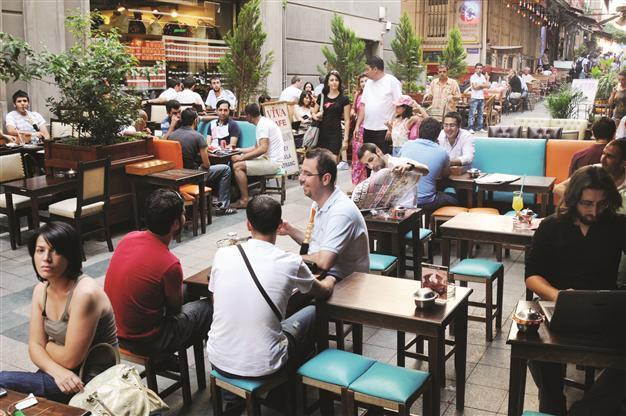
A smoking ban in Turkey outlawed smoking in all enclosed public places, including bars, cafes, restaurants, taxis, trains and outdoor stadiums. The ban included premises that serve nargile, or hookah, but excluded private residences. DAILY NEWS photo
Smoking prevalence has significantly declined in Turkey due to government-led regulations and campaigns, as the number of smokers has declined by more than one million in the past four years, the World Health Organization (WHO) said in a recent report on tobacco use across the world.“In Turkey, the smoking prevalence significantly decreased from 32.2 percent, 16 million, in 2008 to 27.1 percent, 14.8 million, in 2012,” WHO said in its report on the global tobacco epidemic in 2013.
“Although Turkey has had a long tradition of tobacco use and a high smoking prevalence, particularly among men, tobacco use is now declining at unprecedented rates,” said the report.
Turkish smokers declined 13.4 percent since 2008, 13.5 percent for males; 13.7 percent for females, said the report, adding despite this sharp decline, “More than a quarter of Turkey’s adults continue to use tobacco.”
The rate of adult male smokers decreased from 47.9 percent in 2008 to 41.5 percent in 2012 in Turkey, according to the data provided by the WHO’s report. The number of female smokers, sharply lower than male smokers, decreased from 15.2 percent in 2008 to 13.1 percent in 2012.
Turkey has been named the only country across the world that protects its entire population of 75 million people with
every measure introduced by WHO in its fight against tobacco use at the highest level, according to the report.
Political commitment
“This progress is a testament to the Turkish government’s sustained political commitment to tobacco control and is an excellent example of collaboration between the government, WHO, other international health organizations and civil society,” said the WHO’s report, praising the Turkish government’s efforts in its fight against tobacco use.
The report also said it is urgent for “other countries to follow Turkey’s example and apply all six measures at the strongest level.”
Although Turkey started legal means to fight against smoking in 1996, a smoking ban took full effect in 2009 in Turkey and outlawed smoking in all enclosed public places, including bars, cafes, restaurants, taxis, trains and outdoor stadiums. The ban included premises that serve nargile, or hookah, but excluded private residences.
Tobacco taxes in Turkey represented 65-70 percent of the retail price for many years. Since passing the revised law in 2008, taxes were gradually increased, and now represent 80.3 percent of the retail price.
However, WHO called on Turkey to further strengthen its measures against alcohol use. “Subsidized cessation assistance can be offered to more people and access made easier. Health warning labels can be made even larger with stronger impacting images and anti-tobacco advertising campaigns can be expanded,” said WHO in reference to its advice to Turkey. “Taxes can be raised further, with revenues specifically earmarked for tobacco control. The enforcement of all measures can be strengthened,” it added.
WHO in its report also said successful examples in countries that enforce the measures show, “it is possible to effectively address the tobacco epidemic and save lives, regardless of size or income.”
“However, efforts to incorporate all provisions of the WHO Framework Convention into national tobacco controlling programs must be accelerated in all countries to save even more lives,” it also said.


